About our software developer Matthias
Started in 2020 as an intern and working student, he is now a central part of our development team — and decisively shapes the MyProvider app for customer self-service and the Entry app for field service management.
What do you particularly like about your work?
“I particularly appreciate the opportunity to constantly educate myself and try out new technologies — as was the case recently when developing Entry. At the same time, I am impressed by the focus on usability and customer experience. As a result, I regularly work with colleagues from different areas — from design to product management to marketing. This interdisciplinary collaboration not only makes our solutions better, but also makes daily work particularly exciting. ”, Matthias says
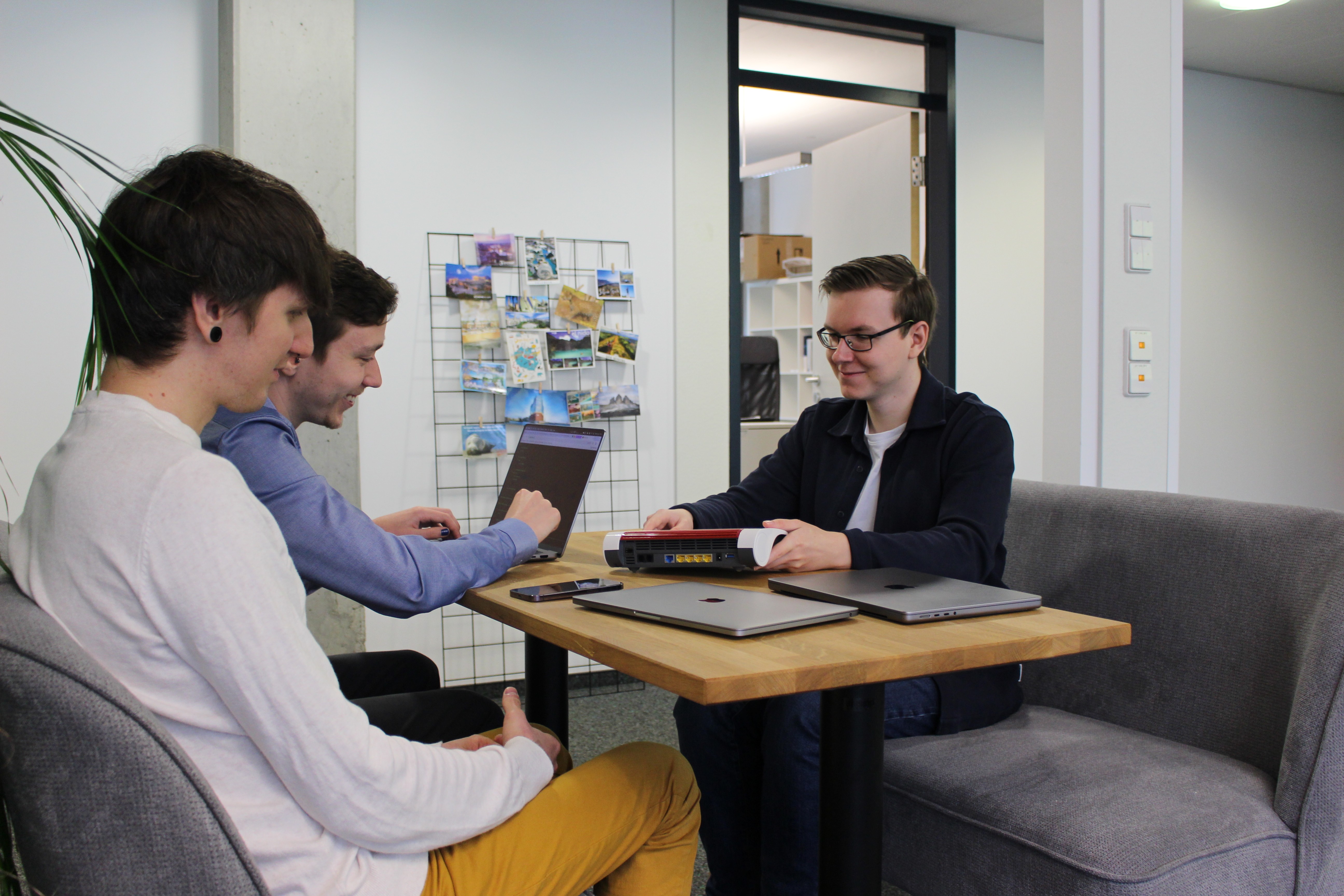
How are new features created at Conntac?
“Conntac creates new features for our apps in close collaboration between primarily team input, but also customer requirements and specific user feedback. Initial ideas often develop in exchange between development, design and marketing — whether through internal discussions, market monitoring or feedback from everyday life,” says Matthias.
Together, we check what added value a feature offers, how it can be integrated into our existing architecture and what effects it has on user experience. The close, interdisciplinary collaboration ensures that the end result is solutions that are not only technically sophisticated but also convincing in everyday life.
After careful planning, we start with the concept and design — in order to identify potential problems at an early stage and iteratively improve them. This is followed by the development and testing phase. Once everything is successfully implemented, the new feature is rolled out — and is available to millions of users.
Customer feedback? The best compass for me
“Whether it's feature requests, bugs, or praise, direct feedback helps me make decisions that are really relevant. It shows me where our app makes the difference and where we can get even better. It is particularly motivating when I see that a small change in the code makes the everyday life of our users noticeably easier.” says Matthias.
“We have a regular meeting where we check what app users have written in the app stores. The reviews with messages in particular help us to identify problems that we might not immediately see from a technical point of view.” says Matthias.
There, they collect, prioritize and decide what is to be implemented next. In this way, we always have everything in view and can incorporate them into our release plan.
Regardless of external feedback, we also attach great importance to careful planning of new functionalities internally. Training — for example in the areas of UX/UI or system architecture — helps us identify and avoid potential application errors or hurdles at an early stage.
In order to stay up to date on topics such as usability and customer experience, Matthias also regularly exchanges ideas with the design team or visits internal formats such as Conntac Academy, for example on topics such as accessibility or software architecture. In the Conntac Academy, employees share their know-how and train the team internally on relevant specialist topics.
In the end, however, it is the combination that makes the solution successful in the end.
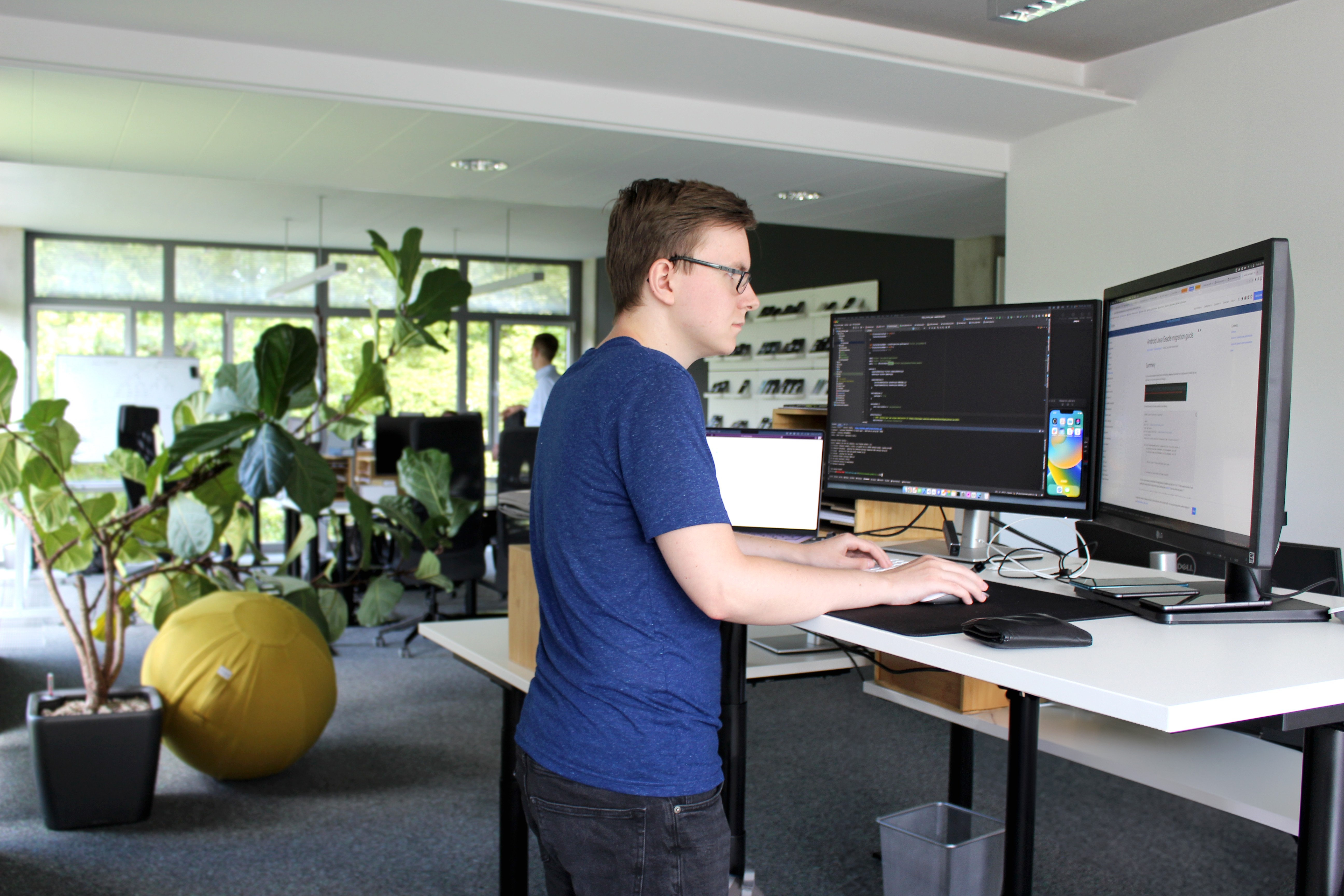
What are you particularly proud of?
“I am particularly proud of the WiFi optimization feature. This feature allows you to analyze how the WiFi reception is in your home. You virtually recreate your own home — whether it's an apartment or a multi-storey house, and analyse step-by-step where the reception is good and how you can improve the whole constellation,” says Matthias.
Even more users, scalability and more functionality! Matthias outlook at Conntac's future
Matthias: “I want even more people to use our solutions — whether in self-service or in field service management. This requires scalable technologies, stable architectures and continuous development. I'm particularly looking forward to developing new features that offer real added value and further improve the user experience. If we continue to work together on an interdisciplinary basis, we can make a big difference.”

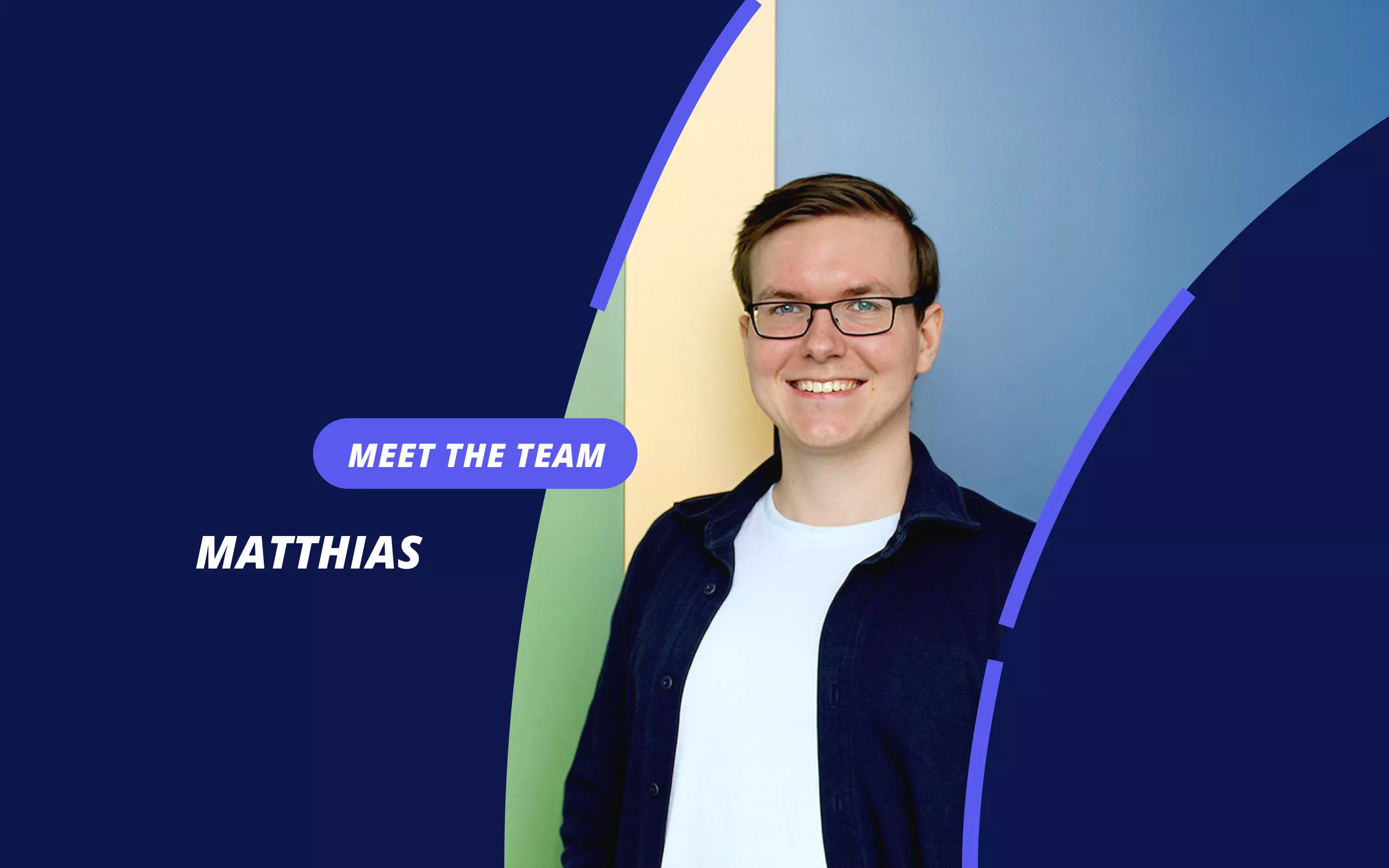

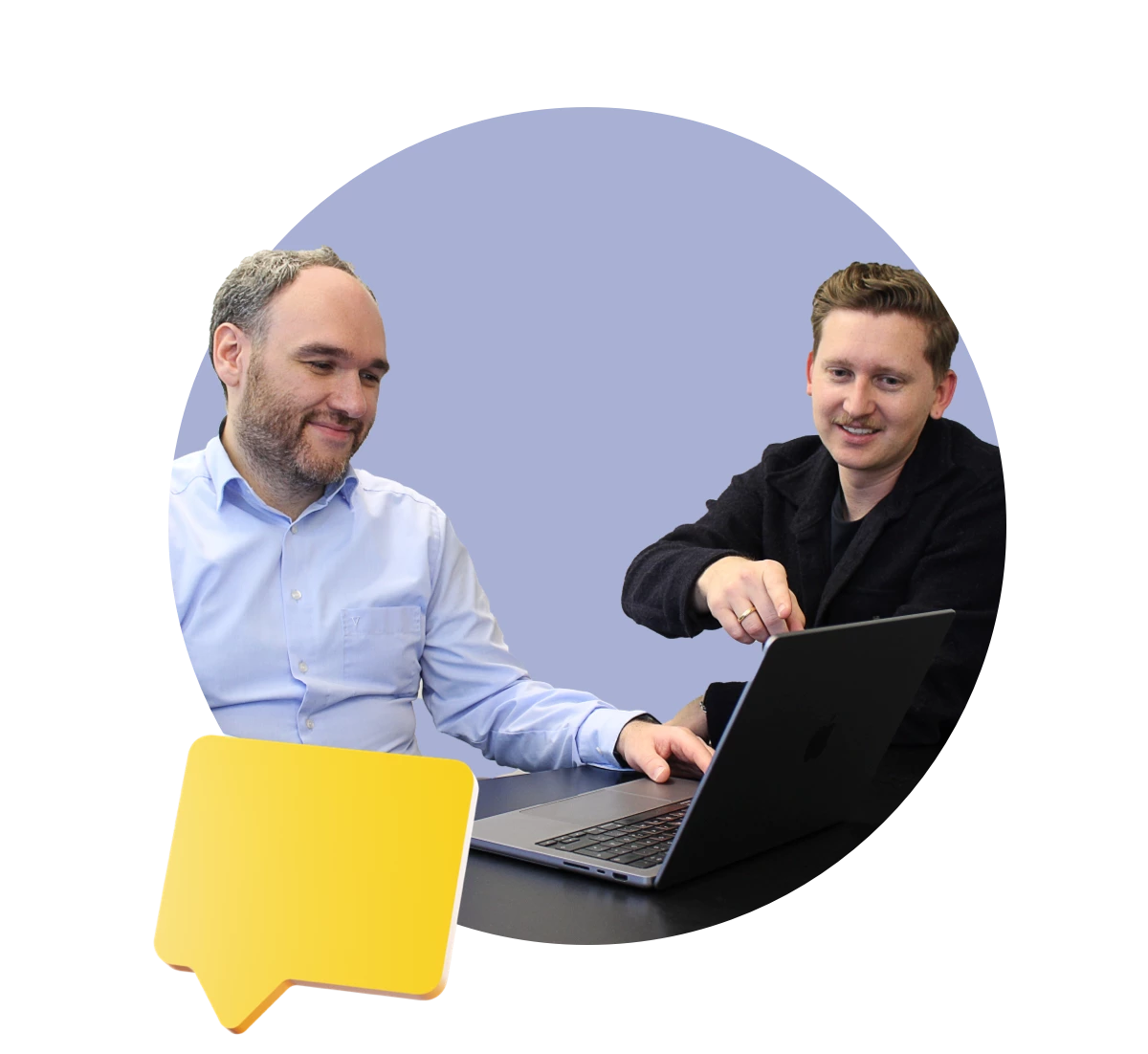

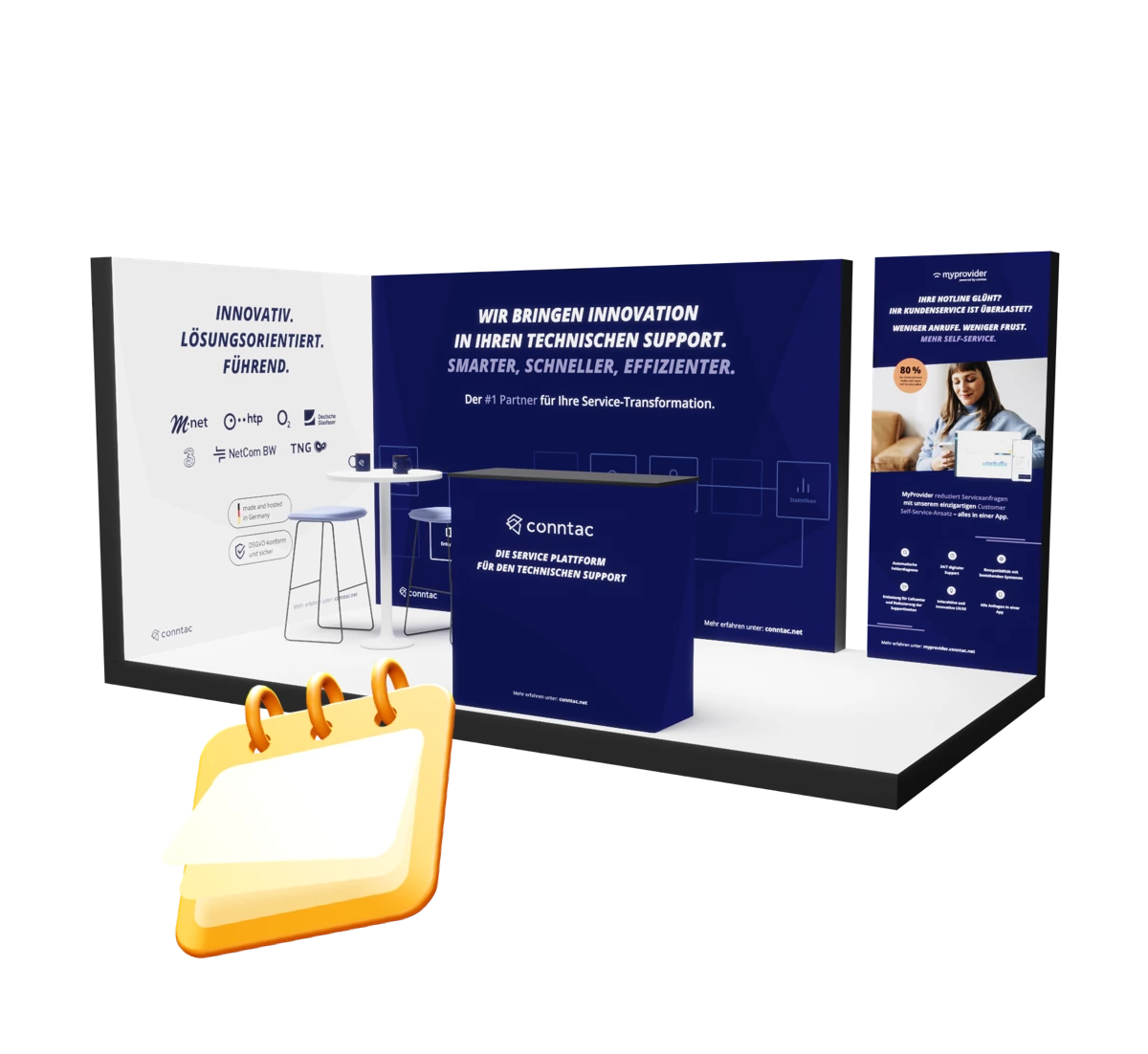
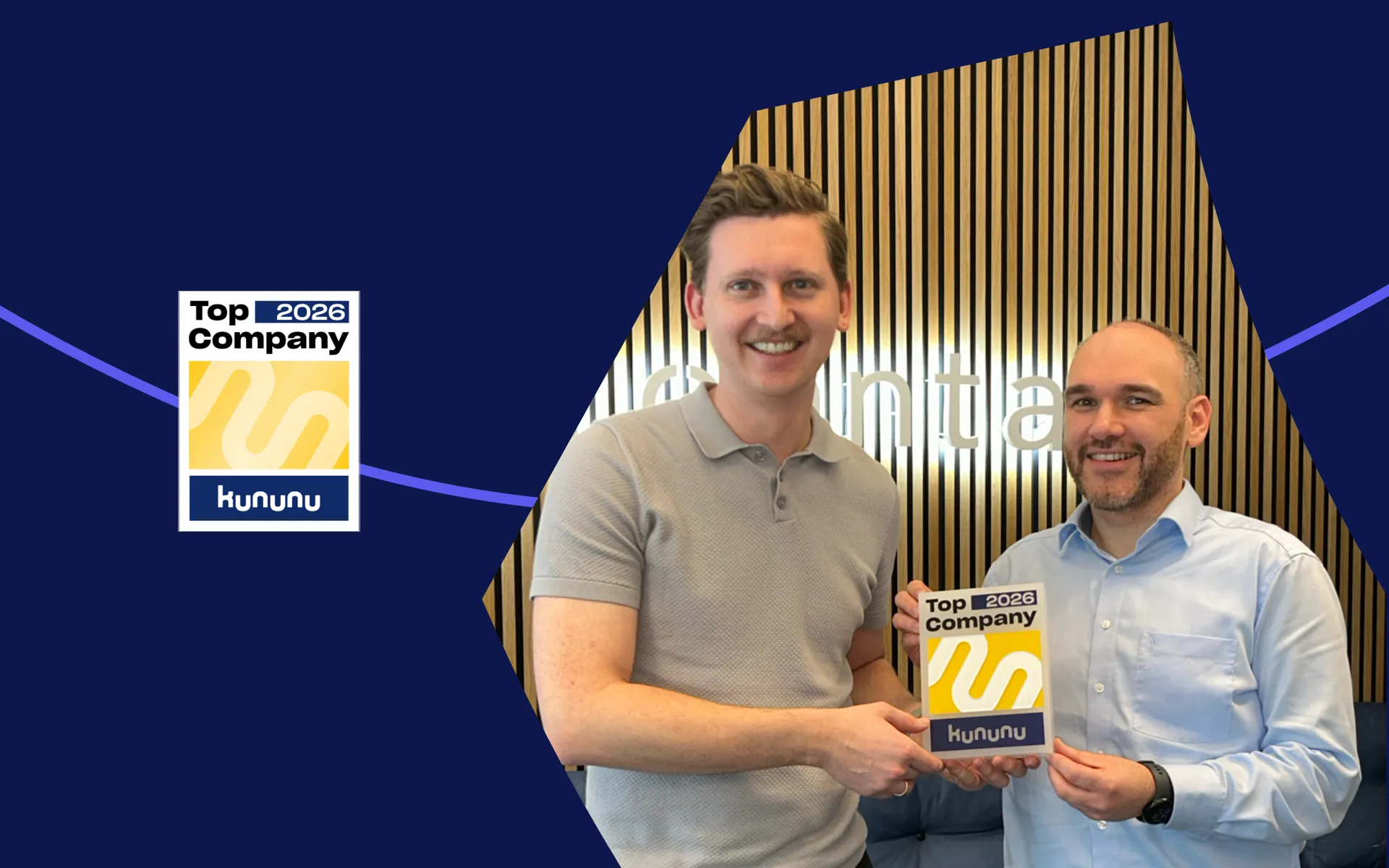
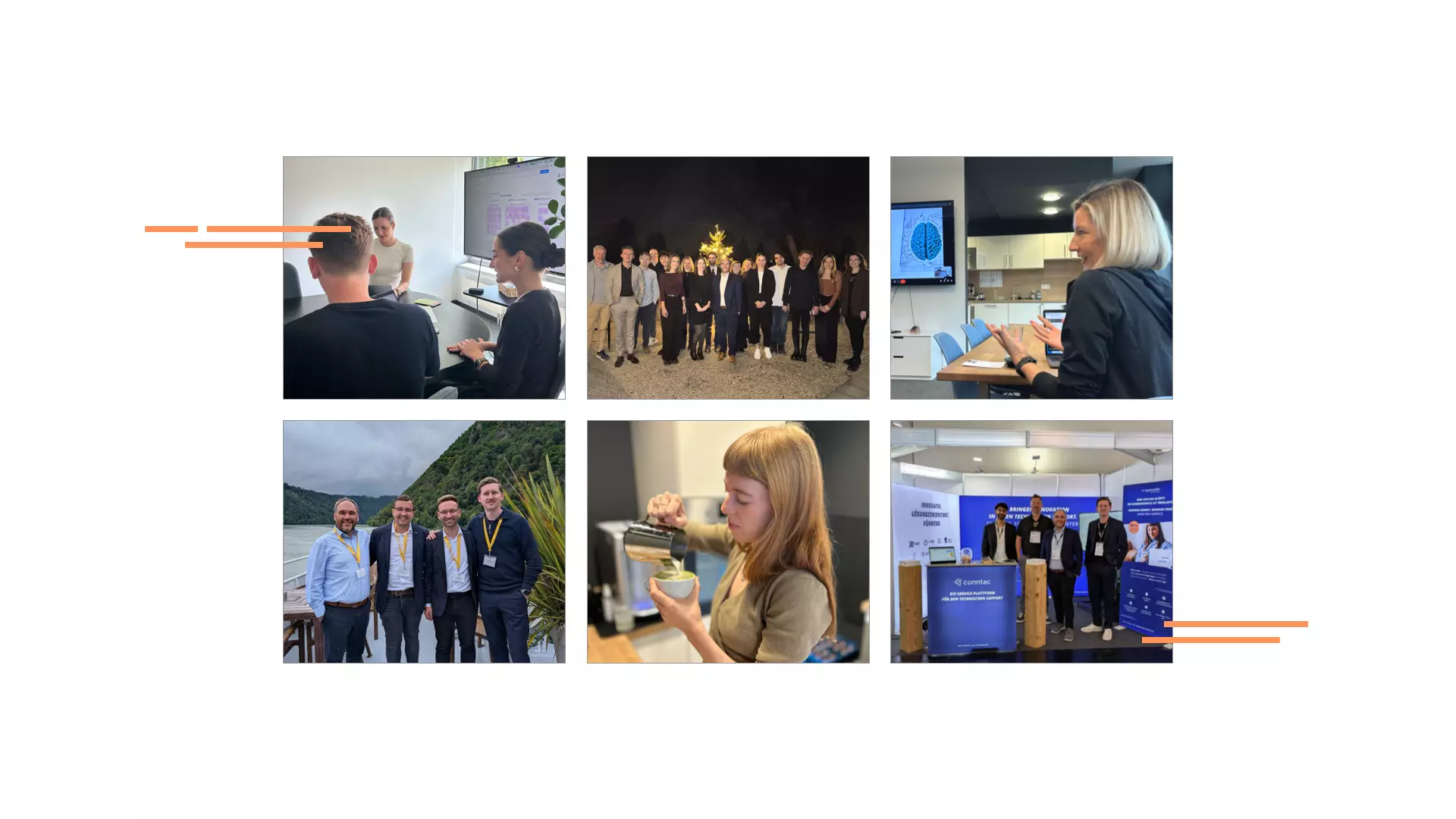
.webp)
